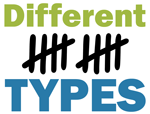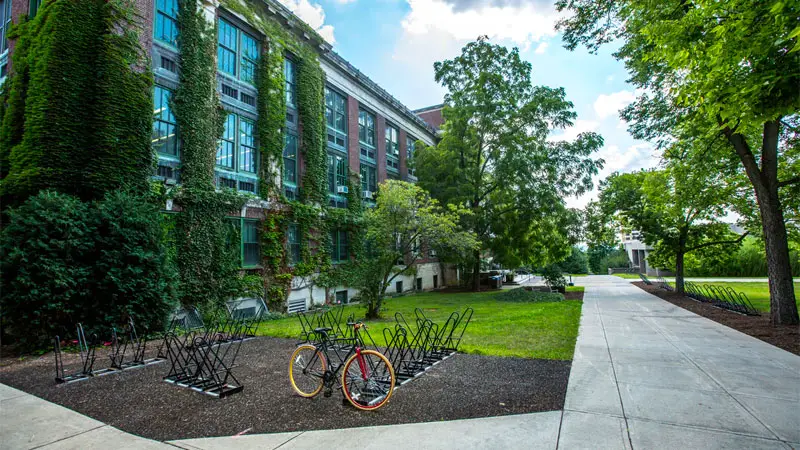Are you going to college? What school did you pick? What course are you going to take? These are just some of the common questions of a graduating high school student. Upon reaching the final year in high school, a student will have to face another stage of his/her life – to pursue college or not.
There are a lot of factors to consider, but if the student decides to go to college, there also things that have to be considered, i.e. which college to go and what course to take.
College is basically the next step after high school. Furthermore, college is basically a school, which sometimes makes us wonder how it is different from a university.
College and university are sometimes used interchangeably because they are both a school where a student can take up college courses. However, a college is smaller than a university. In some cases, a college is a part of a university.
A university may have various colleges such as college of engineering, college of development communication, college of arts, college of forestry, college of applied sciences, college of law, college of medicine, etc.
A college may also be an independent learning institution and is not a part of a university. So what are the different types of colleges that a graduating high school student can choose from?
Types of Colleges
Colleges may be classified based on different factors – source of funds, exclusivity, purpose, type of courses offered, etc. Here are nine of the most common types of colleges you can enroll in.
1. Public College
A public college is subsidized by the government. It is also called state college, the state being the government.
In a public college, the tuition rates are relatively cheaper because the government gives subsidies to the school. Salaries of teachers and all other employees in a state college come from government funding.
2. Private College
A private college is owned by a private individual or group of individuals. Some private colleges are connected to religious groups. Example is a college that is run by nuns.
Tuition rates are typically higher in private colleges because all expenses like the salaries of teachers, equipment, research and among others will be shouldered by the school. Main source of funds will be the tuition from students. Other sources of funds may include donations.
3. For-Profit College
For-profit colleges are businesses in the field of education. They are operated like a business and there must be a profit.
These colleges fall under private college type but the courses offered are more streamlined and more focus on specialization of skills.
4. Coeducational College
A coeducational college is where both genders – males and females can go to. It can be a public or a private college where both genders are accepted.
5. Single-Sex College
A single-sex college falls under exclusive type of colleges. A single-sex college has gender preference, exclusive either for males or for females.
6. Exclusive College
As the name suggests, exclusive college has that exclusivity. Its exclusivity maybe based on factors like gender, residence or any other factor that a student has to meet for him to be able to study in that particular college.
Example of an exclusive college is a single-sex college that is exclusive either for males only or for females. While many colleges have been accused of discrimination, those that are exclusive are often on the end of a lawsuit.
7. 4-Year and 2-Year College
As implied by the name, a four-year college offers four-year courses and two-year courses in a two-year college. Universities fall under the four-year college type. Two-year colleges typically include vocational and for-profit colleges.
8. Vocational-Technical College
A vocational-technical college can either be public or private. This type of college usually falls under the two-year college because the courses are specific to a particular industry or occupation. Examples of this type of colleges are those offering programs in modeling, culinary arts, welding, etc.
9. Specialty Colleges
There are so many other types of colleges. There are those specialized in law or in medicine, arts and sciences, architecture, engineering, music, and any other profession out there. Some colleges are also specific to military or police training.
See Also: 11 Different Types of Tubas
For some professions, the required education requires more that a single college. To become a medical doctor, one must first get a bachelors degree in a 4-year college that offers the program. Then, they need four years of medical school at a specialty college. Even after that are years in residency and a fellowship. The path to becoming a lawyer is also more complex than other occupations.
Whatever we want to pursue in college, a learning institution is already available just waiting for us. We just have to decide what we really want and make sure that whatever path, whatever college, and whatever course we take leads us or prepares us to where we want to go. College life is just one phase of our lives, a process that we should not also forget to enjoy.

